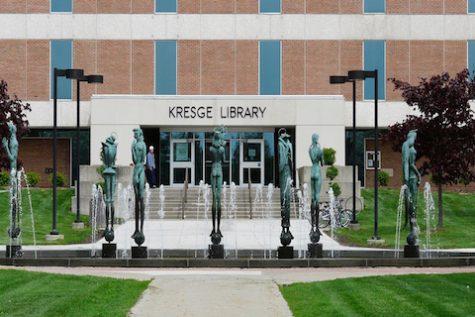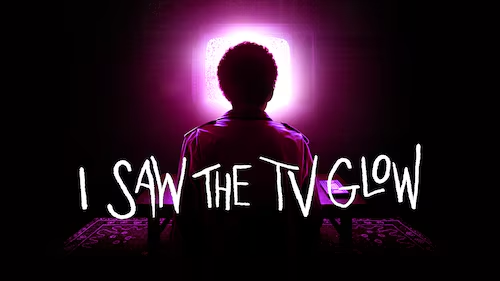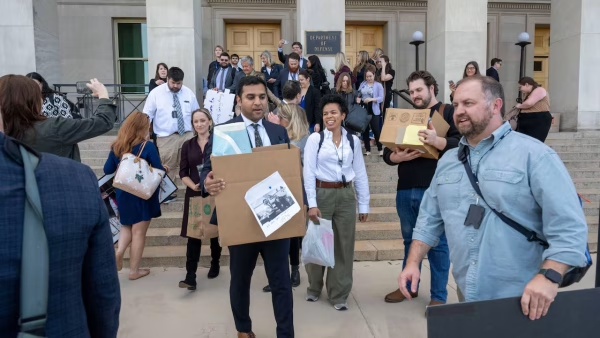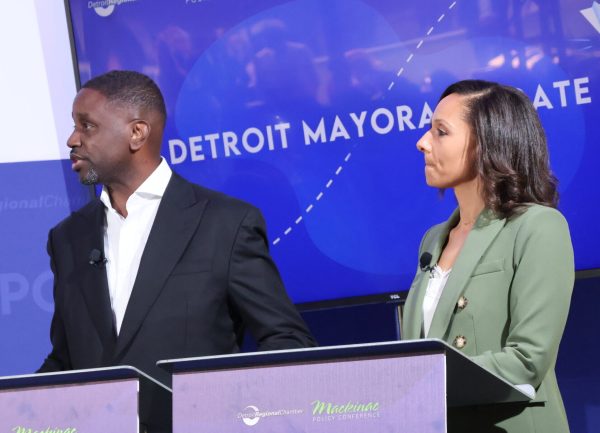UndocuFund shows COVID-19 impact on undocumented immigrant communities
For undocumented immigrants, there is genuine fear involved in the process of collecting government aid. It is typically impossible to do so without supplying personal information, which leaves many undocumented immigrants unwilling to apply. Those who may be willing to apply, however, face other challenges.
At a recent digital roundtable hosted by Oakland University, Emma Davis, the Community Development Program Manager at Global Detroit, spoke on one of the most fundamental of these challenges: learning that the aid even exists.
“With the mushrooming of information, resources and programs, a lot of that information wasn’t getting to immigrant communities… it wasn’t being translated,” she said.
Although this is a constant problem, Davis referred in particular to information about COVID-19 relief programs. The pandemic has only exacerbated the effects of the language barrier that stands between immigrants and government aid.
Global Detroit is one of several organizations that recently spoke at the OU roundtable about a program called UndocuFund. The fund, which was created by Detroit’s Immigration Task Force, was able to raise $750,000 to donate to undocumented citizens of Detroit. UndocuFund took time to ensure that the money was distributed safely and effectively.
Because of the concerns that undocumented people often have about their personal information, the members of the Immigration task force knew that it would be impossible to distribute the funds directly, as many would refuse to apply.
To resolve this problem, the task force turned to an organization called the Detroit Hispanic Development Corporation (DHDC). The DHDC serves the Hispanic population of Detroit, and as a result, they have established connections with the undocumented immigrant population there. The money was distributed to the DHDC as a grant.
One of the key members of the UndocuFund initiative was Raquel Castaneda-Lopez, the city councilwoman of Detroit District 6. Chief of Staff Mariana C. Martínez spoke on her behalf at the roundtable.
There, Martínez spoke about how the DHDC handled the information of those who received aid through their organization.
“Once the funds were fully disseminated, we would get rid of [their information] completely,” Martínez said. “We all agreed that we didn’t need to retain this information, nor that it needed to be shared.”
The only information that was kept, according to Martínez, was the last name and zip code of applicants. More personally identifying information was not kept.
There was still another concern in the process of distributing UndocuFund. Although there is a large population of Hispanic undocumented immigrants living in Detroit, there are also some smaller populations that the DHDC does not have links to.
As a result, the DHDC and the task force decided to divert some of the funding to sub-grantees, who would be able to disseminate the aid to some of these smaller populations.
Two of the organizations who played this role are The African Bureau of Immigration & Social Affairs (ABISA), which primarily serves the African population in Detroit, and Global Detroit, which was able to aid the UndocuFund project in serving the Bengali population.
The result of these various efforts led to a fund distribution campaign that was unprecedented in its ability to serve the undocumented population of Detroit.
“Prior to UndocuFund, [Global Detroit] had not had programs specifically for undocumented immigrants,” Davis said. “We had served undocumented immigrants, but in serving them had never learned which ones were undocumented or anything like that.”
The fund was able to serve undocumented immigrants directly, in a manner that specifically targeted several populations and without jeopardizing the clients’ privacy. According to Martínez, the funds have mostly been distributed. But that isn’t the end.
“It wasn’t enough, this is really the beginning of the conversation,” Martínez said.
There are several ways to join this conversation. If you are able to speak a foreign language, there is work that needs to be done translating documents for distribution to immigrant communities.
If you don’t have that skill set, you can help by donating to organizations like the DHDC, who help serve undocumented immigrant populations in Detroit.








